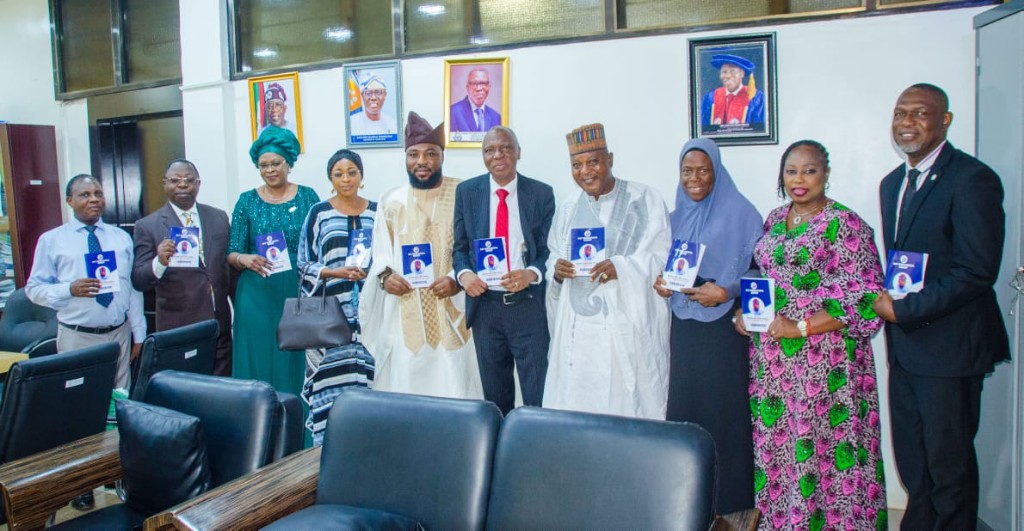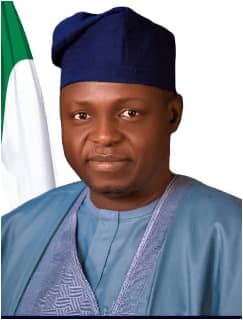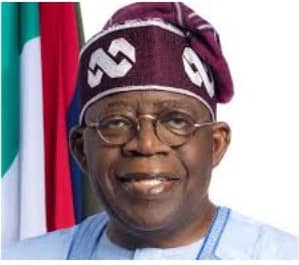
From Debt to Freedom: The Tinubu Magic Wand. By Comrade Bamidele Atoyebi
It’s well-known that when a water source is contaminated, those downstream can't access clean water, just as a fish begins to rot from its head. Yet, the current situation in Nigeria's political landscape contradicts such logic.
It is often argued that individual capabilities drive the success and progress of a transitioning nation like Nigeria, a principle that has manifested in the economy and is expected to influence other areas soon.
On Inauguration Day, Nigerians reacted with mixed emotions when President Bola Ahmed Tinubu announced the end of fuel subsidies. For some, it matched the unpredictable nature of such announcements, while others attempted to analyze the economic implications with various theories about what should or could have been done.
In his typical manner, Tinubu requested patience and understanding, asserting his knowledge of the path he intended to lead the country down. Like many new policies, this one introduced hardship along with its potential benefits; however, many Nigerians expressed their discontent and criticized the president for the associated difficulties. They overlooked the truth that progress often necessitates sacrifice, and that pain and gain are two sides of the same coin.
Fast forward to now, and other governors are following Tinubu’s lead, attempting to emulate his approach. How has this translated into real results? According to documents from the Debt Management Office, Nigeria is actively paying off debts accumulated by previous administrations, including loans from the International Monetary Fund (IMF), who have verified this progress, prompting questions about how this is possible in an era of economic austerity and global downturn.
Some attribute this success to the subsidy removal, which sparked significant backlash and criticism at first. Initial benefits from this policy have led Nigeria toward greater financial freedom. Other debts are also being managed and repaid, indicating a brighter future.
Since Tinubu’s administration has pioneered resource management and responsible spending, it's now essential for other states to follow his example. Alex Otti of Abia State was among the first to announce debt reductions without new borrowing while still launching multi-billion Naira projects—an indication of a collective effort across Nigerian states toward debt elimination.
This newfound ability to showcase tangible results allows the government to make bold claims. One Tinubu supporter even proclaimed online, "The removal of the subsidy has allowed us to achieve this; we used to borrow to pay subsidies, but now we are repaying the debts incurred during that time.
"No state borrows to finance projects anymore; we are experiencing a financial liberation unprecedented in our country. We are indeed on the right track and, with any luck, will gain enough momentum to catch up to developed economies soon."
Recent statistics on domestic debt reveal that over 98% of states have decreased their debt levels, with only three—Niger, Enugu, and Lagos—reporting increases. The rest have all shown a reduction, implying they are repaying their debts without taking on new loans, a remarkable breakthrough in Nigerian history.
For instance, Jigawa State reduced its debt from N43 billion to N1.3 billion under Tinubu’s administration, a 96.92% decrease. Ondo State lowered its debt from N74 billion to N12.8 billion, achieving an 82.61% reduction. Other states, such as Kaduna, Borno, and Anambra, have similarly decreased their debts significantly.
Specific figures indicate other states are also making notable strides, demonstrating a commitment to financial responsibility and public project funding without accruing additional debts.
The three states that increased their borrowing—Niger, Enugu, and Rivers—are exceptions in this trend.
The underlying reason for these achievements is that Tinubu possesses a clear vision for addressing the nation’s challenges, skillfully applying economic strategies to eliminate hindrances to Nigeria's growth. With results already apparent in just the second year of his administration, there is strong optimism that Nigeria will soon experience a prosperous turnaround.
Associated with the BAT Ideological Group, Bamidele is a Social Worker, Criminologist, Maritime Administrator, and Philanthropist Who Serves as The National Coordinator of The Accountability and Policy Tracker, Penning his Thoughts from Abuja.











